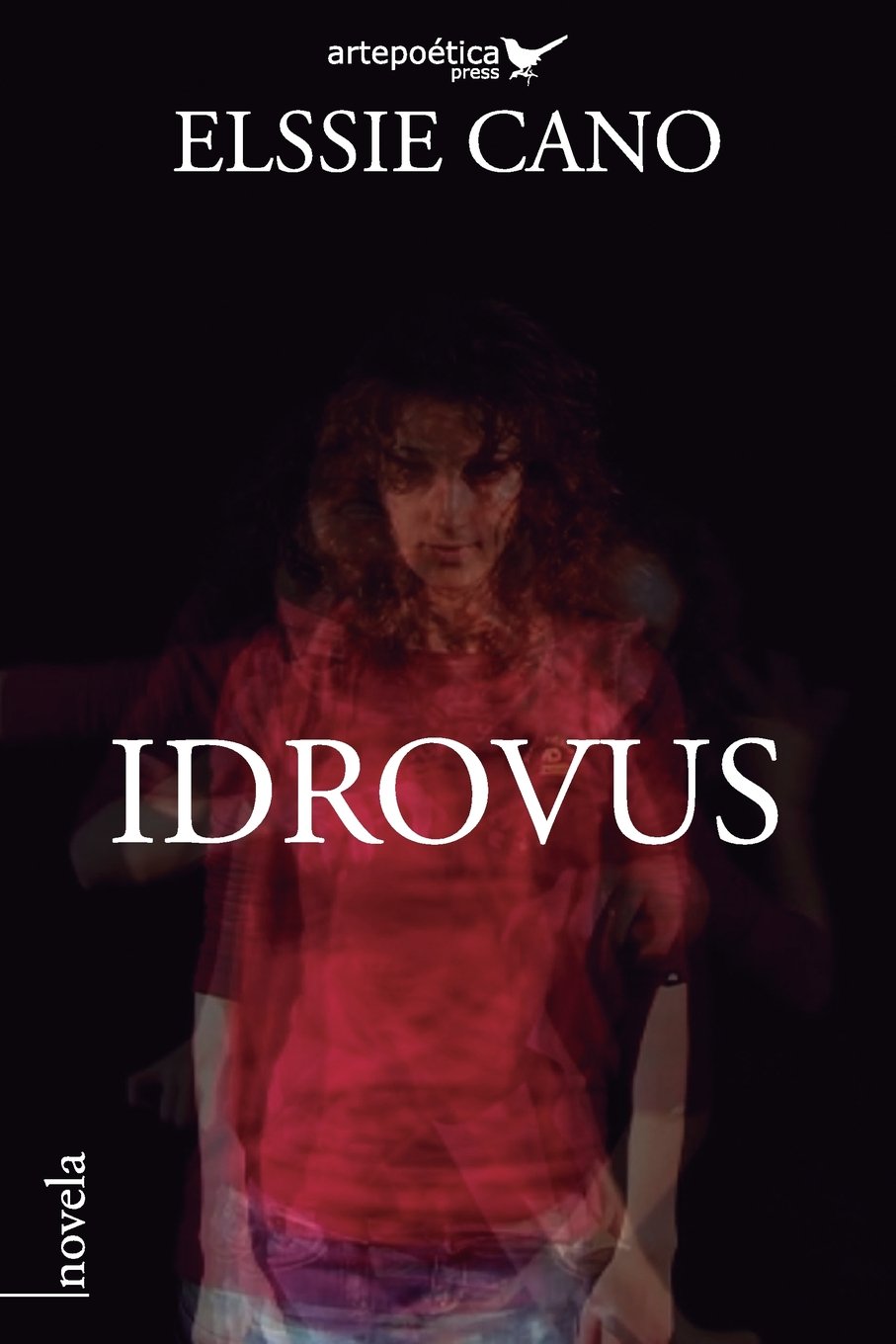IDROVUS
Elssie Cano
|
IDROVUS is one of the most recent novels by Ecuadorian narrator Elssie Cano, a work in which the paratexts create an inventory of different poetic voices. The particularity of this verbal construction lies in the inclusion of poets and poems that give life to the text we read. They participate in the generational life of Guayaquitos; the place of the transfer of characters that in the diegesis are conveyed after the discovery of IDROVUS, surprising the reader, either in an atrocious or banal way. It turns out that one day a woman appears in Guayaquitos carrying a book; it carried the past of all the people, but also the present and the future. That book would have nothing special if it did not refer to a history that had already been written before the "official" one, that is, that of the victors, blurred in canonical editions that repaid the educational system, inoculating in a perverse way, the misery of the losers. Therefore, on the day that IDROVUS arrived in the village, everyone was afraid. Everything was already written: the re-elections of the eternal president, Velasco Ibarra; the massacres of peasants who protested electoral fraud; the esoteric customs that gravitated in the population of that "Guayaquitos;" that it did not experience the mechanical temporality of the Greenwich meridian. Everything in that hidden book that was sought to destroy. The verses of Violeta Luna (Guayaquil, 1943) presage from the beginning of the novel what can happen: “Si todo puede ser / todo es posible. / Posible que de pronto / me caiga sobre el cuello el / arco iris / o el filo de un machete…” This is why we read that one day the mediocre happiness in which the people of Guayaquitos were immersed completely collapsed. The young people who one day were protesting against the fifth reelection of that “damned velasquete,” were murdered with impunity. “En honor a los caídos el pueblo se llamó La Victoria desde aquel maldito martes.” Therefore, by reading IDROVUS, we give Guayaquitos its place in history. |
Hopelessness in that timeless world? No, everything was already in IDROVUS. What was IDROVUS? How could it persist hidden in the vicissitudes of the families that preserved the memory of Guayaquitos? Hence, we resort to the paratextual apparatus: “Hay un pequeño museo vivo y vergonzante / que se tiene alguna vez que revisar / para apaciguar el brillo / de nuestra imagen sobre los espejos...” (Carlos Eduardo Jaramillo. Loja, 1932).
In that which awaits us as readers, we will know what happened and why it happened. At the end of the story, we are witnessing the verbal game in which we are constituted as readers; the words that name us and with which we name the beginning of everything. For this reason, the poetic paratexts are voices of poets that, although unknown to the reader, are in IDROVUS. IDROVUS discovers, there are no more strangers; in speech acts we all reveal ourselves in language, which is to say that we read each other, we communicate, we link, we are known.
In that which awaits us as readers, we will know what happened and why it happened. At the end of the story, we are witnessing the verbal game in which we are constituted as readers; the words that name us and with which we name the beginning of everything. For this reason, the poetic paratexts are voices of poets that, although unknown to the reader, are in IDROVUS. IDROVUS discovers, there are no more strangers; in speech acts we all reveal ourselves in language, which is to say that we read each other, we communicate, we link, we are known.
Elssie Cano is an Ecuadorean novelist. She has published La otra orilla y otros relatos (Editorial Surco, 2000) and Fiptisio’89, its translation into English (Books & Smith, 2020); Mi maravilloso mundo de porquería, Primum Fictum Prize (Editorial Librooks Barcelona, Spain, 2014); IDROVUS (Artepoética Press, 2019) and Creando a Eva (Artepoética Press, 2020).
IDROVUS is a publication by Artepoética Press. Click here to purchase.
IDROVUS is a publication by Artepoética Press. Click here to purchase.
Comment Box is loading comments...
|
|









